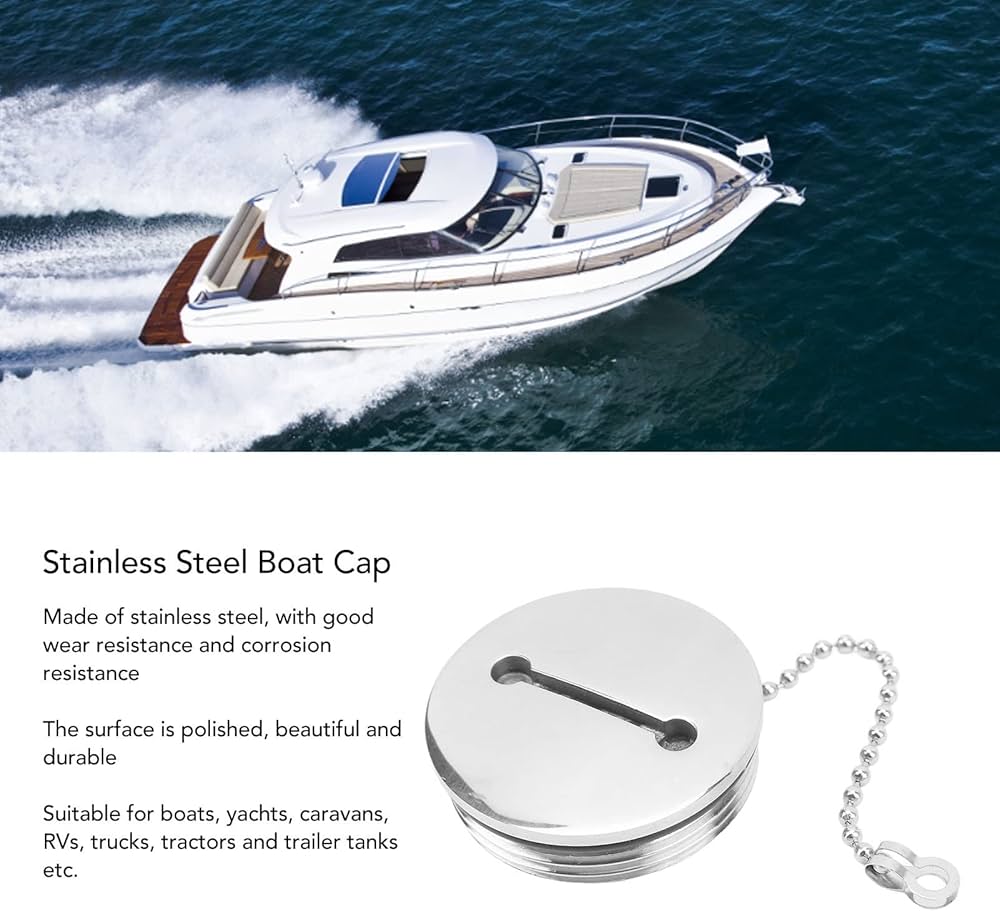Effective Strategies for Optimizing Fuel Consumption in Vessels and Ships

Currently, the rise in fuel prices and the growing concern about environmental impact have driven the need to implement effective strategies to optimize fuel consumption in vessels and ships. The maritime industry faces the challenge of reducing operational costs while adhering to sustainable practices that contribute to the care of the planet. From improving engine maintenance to adopting advanced technologies, every positive action can make a significant difference in the energy efficiency of fleets.
The increase in fuel costs, combined with the growing concern for the environment, has driven the maritime industry to seek effective strategies to optimize fuel consumption in vessels and ships. This article explores various measures that can be implemented on board not only to reduce operational costs but also to contribute to more sustainable practices in the maritime sector.
Protection of Living Works
The implementation of paints based on fluoropolymers, which are superior to silicone-based paints, is essential to reduce the coefficient of friction. This type of paint improves the performance of the vessel’s hull, decreasing fuel consumption. When planning drydocking, it is crucial to conduct a study on the type of paint and its application scheme, as this directly impacts fuel consumption in the long run.
Replacement of Interior and Exterior Lighting
Lighting on vessels can represent a significant expense, especially on large ships such as ferries or cruise ships. Transitioning to LED lighting can reduce electricity consumption by up to 90%, and will also lower maintenance costs, as these systems are more durable and have a lower environmental impact. Additionally, using motion sensors in interior areas allows for more efficient energy consumption.
Use of High-Energy-Efficiency Appliances
The use of appliances that consume less energy on those ships that have a large number of these devices can result in significant savings. Opting for induction cooktops, which are faster and safer, can lead to a reduction in energy consumption of up to 50%. This is especially relevant on vessels with numerous cabins.
Water Heating and Climate Control
The recovery of waste heat from the engine through exchangers to heat sanitary water and climate control in the habitable areas of the ship translates into greater comfort on board and a notable reduction in energy consumption. This approach not only optimizes resources but also improves the quality of life for the crew.
Energy Audits Onboard
Conducting energy audits allows for a thorough understanding of energy consumption and generation on board. This includes the installation of measurement and recording equipment, which provides valuable data on fuel consumption, electrical efficiency, and proper use of lubricants. This practice helps identify areas for improvement and implement effective solutions to reduce costs.
Crew Awareness
Training and awareness of the crew about sustainable practices are crucial for the success of any measure implemented on board. Fostering a culture of responsibility and energy efficiency can lead to significant savings in fuel consumption and an overall improvement in the sustainability of operations.
Implementation of Hybrid Technology
The use of hybrid technology on vessels is a growing trend that helps to reduce fuel consumption. Combining electric motors with internal combustion engines not only optimizes performance but also lowers pollutant emissions, aligning with current environmental requirements. You can read more about this innovative solution here.
Implementation of Sustainable Systems
Adapting vessel operations to more sustainable practices through sustainable ventures can have a considerable impact on fuel consumption. Implementing technologies that leverage renewable resources and minimize the use of fossil fuels can be a decisive approach towards more responsible navigation. Discover more about this topic here.
Maintenance of Electrical Systems
Proper maintenance of electrical systems is vital to ensure that all equipment on board operates efficiently. If these systems are not regularly checked and maintained, they can consume more energy than necessary, increasing operational costs. More about the importance of this aspect can be read here.
Saving During Holidays and Festive Days
During holidays and festive days, it is key to have savings strategies that include efficient energy use. Vessels should be prepared to optimize their performance and reduce fuel expenditure during these periods. More information on how to reduce fuel usage in this context can be found here.
Conclusion on Effective Strategies to Optimize Fuel Consumption in Vessels and Ships
The growing concern about environmental issues and the constant rise in fuel prices have made the optimization of fuel consumption in vessels and ships an urgent necessity. Effective strategies to reduce energy expenditure benefit not only vessel owners and the maritime industry in general but also play a crucial role in environmental sustainability.
Implementing measures such as the use of special paints on the hull, modernizing lighting systems to LED, and adopting high-energy-efficiency appliances are essential aspects that can significantly contribute to the reduction of fuel consumption. Additionally, reusing waste heat from engines to heat water and climate control spaces on board further optimizes energy resources.
The energy audit on board allows owners and operators to have exhaustive control over consumption and inefficiencies, promoting more responsible resource management. Combined with crew awareness, which plays a fundamental role in the implementation of these strategies, the combination of all these methods can lead to significant optimization of fuel usage.
Finally, adopting an approach that combines these various tactics not only reduces operational costs but also promotes greener navigation, aligned with current global trends towards sustainable development. The implementation of a concept such as smartship highlights the importance of innovating in the maritime sector to maintain energy efficiency without compromising operational effectiveness.





